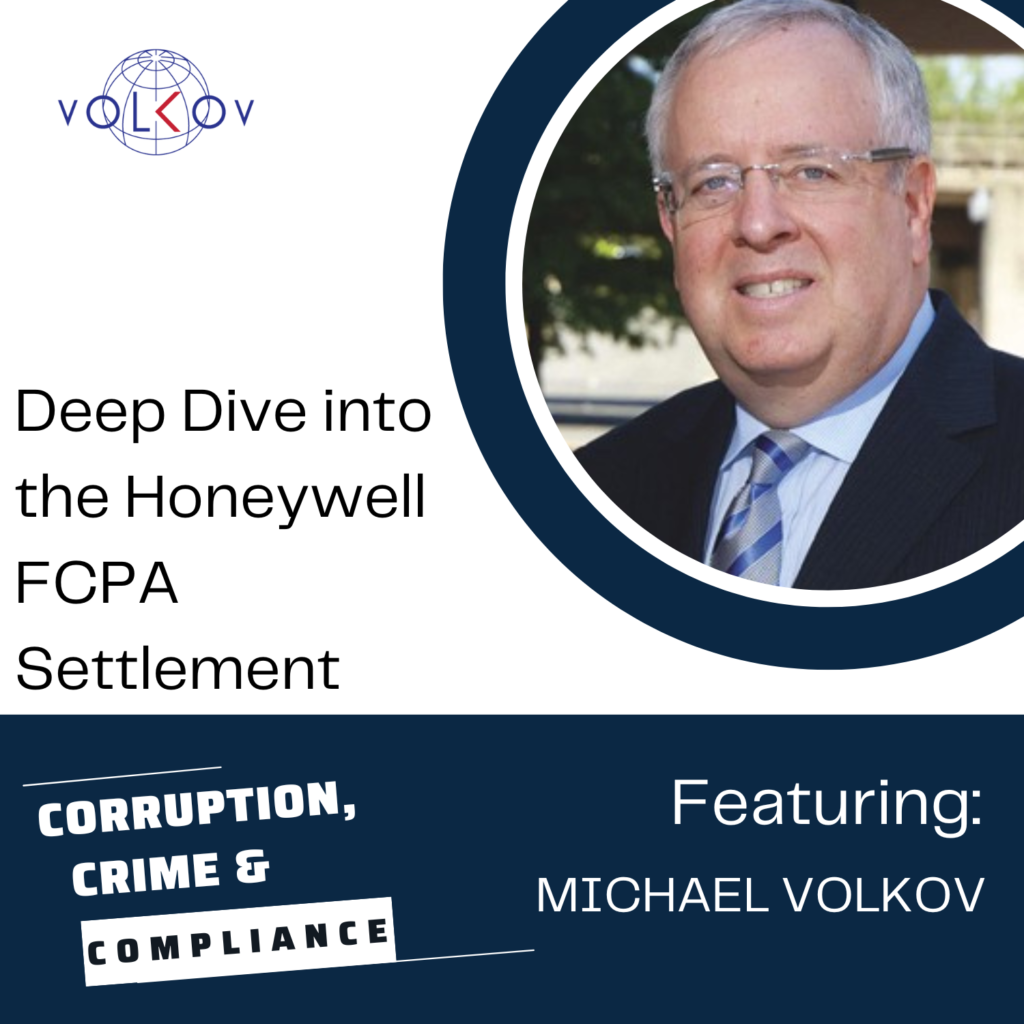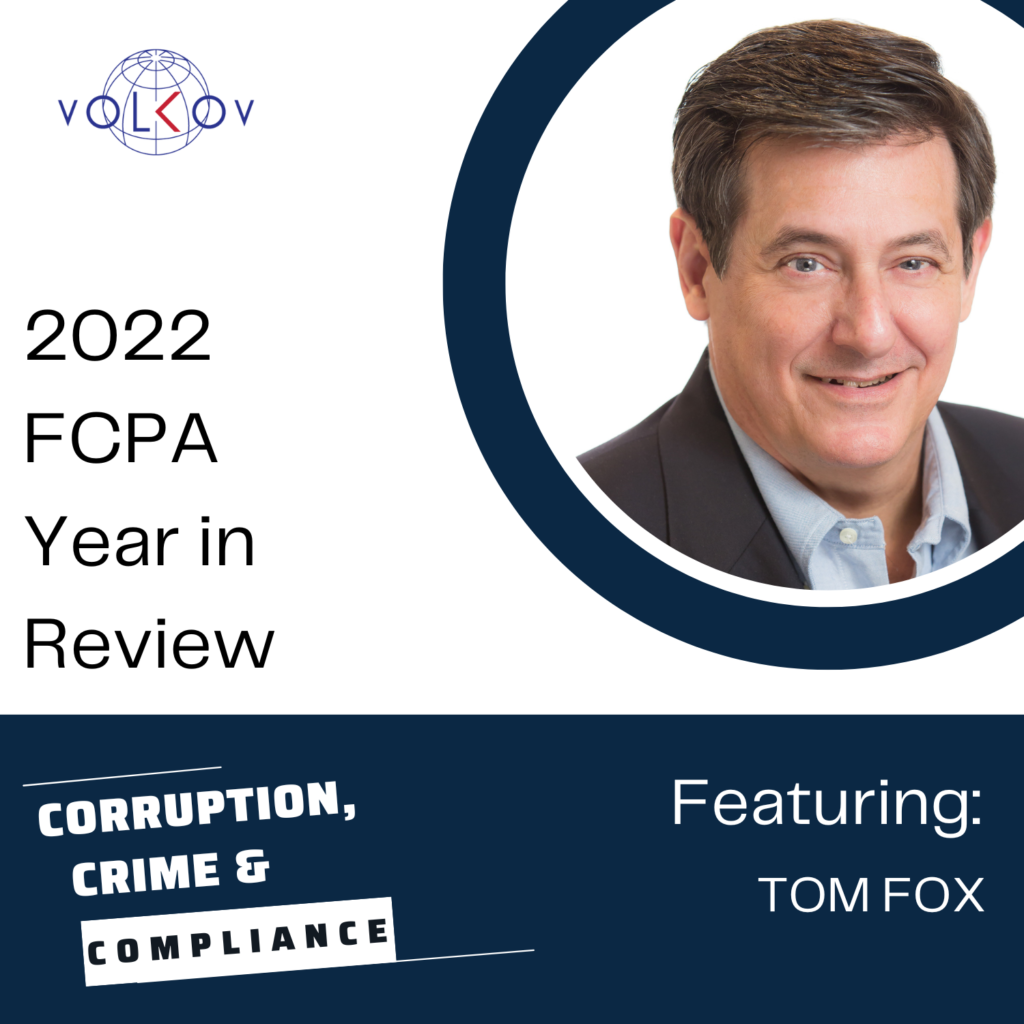What specifically are internal controls in a compliance program? Internal controls are not only the foundation of a company but are also the foundation of any effective anti-corruption compliance program. Internal controls expert Joe Howell has said that internal controls are systematic measures, such as reviews, checks and balances, methods, and procedures instituted by an organization that performs several different functions. Howell also notes that for compliance purposes, controls are those measures specifically to provide reasonable assurance any assets or resources of a company cannot be used to pay a bribe. This definition includes the diversion of company assets, such as by unauthorized sales discounts or receivables write-offs, as well as the distribution of assets.
Three key takeaways:
- Effective internal controls are required under the FCPA.
- Internal controls are a critical part of any best practices compliance program.
- There are multiple FCPA enforcement actions that demonstrate the enforcement spotlight on internal controls.







